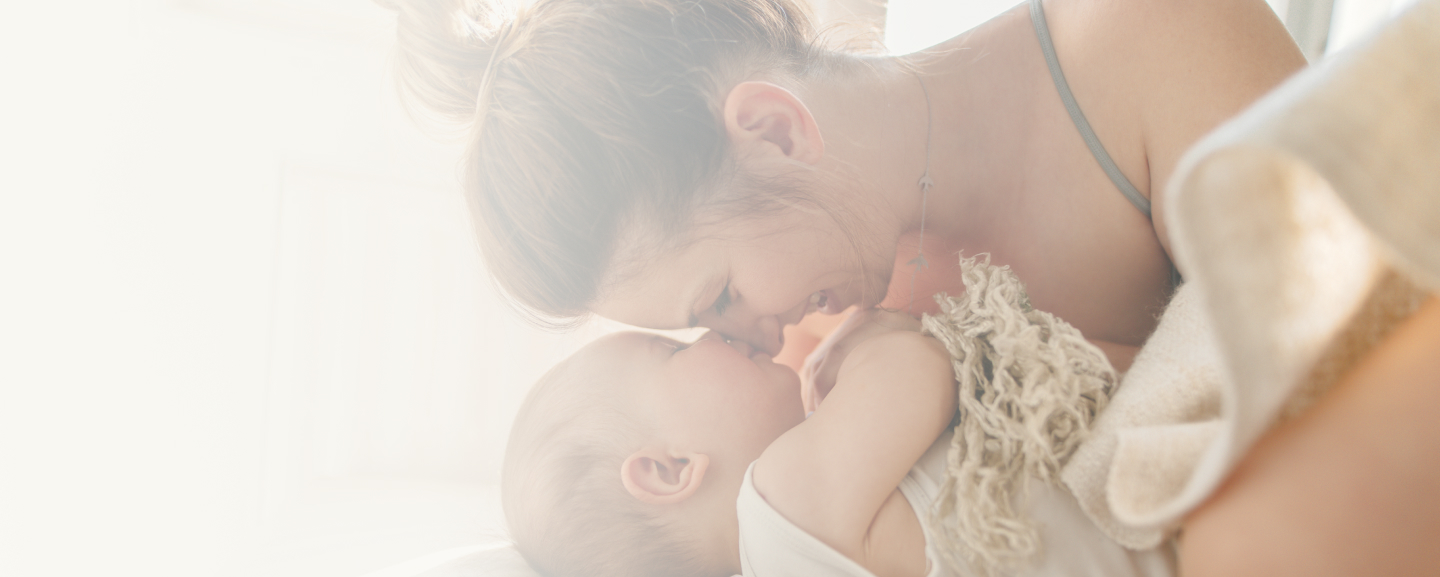It may be surprising to learn that the number one factor that affects female fertility is age. Although women can experience infertility at any age, statistically as women get older, fertility slowly declines due to decreases in both egg quality and quantity. We’re sharing causes of infertility per age category, chances of success and how we can help.
Fertility for women in their 20’s
Being young does not automatically disqualify you from experiencing infertility. Healthy couples have a 25% chance of conceiving each month, with most achieving success within the first year of trying. Despite being in prime age for conception, some individuals are diagnosed with conditions that cause infertility such as premature ovarian failure, causing them to have abnormal egg quality and quantity while others may have unexplained infertility or sperm issues. The most standard treatment options are generally helpful for those in this age category, such as oral ovulation medications or injectable medications with IUI. These help produce more mature egg follicles than in a typical cycle, and induce ovulation. Ovulation is then carefully timed with an IUI, to bring sperm directly to the uterus to encourage fertilization. IVF is also an option, often allowing couples to freeze additional embryos for future pregnancies.
Fertility for women in their 30’s
On average, couples in their early 30’s have an estimated 20% chance per month of conceiving a pregnancy on their own, with those who are over the age of 35 experiencing a sharper decline in pregnancy rates with a 15% chance. Oral ovulation medications and IUI can also be used for women in their 30’s, but IVF is also a common recommendation. IVF has revolutionized success rates and is a popular treatment option to help women in this age category, with a live birth rate of 68% for women under 35 at South Jersey Fertility Center. Utilizing embryo genetic testing with IVF is also helpful in reducing pregnancy loss rates and helping select a healthy embryo for transfer. It’s recommended that women under 35 years old see a fertility specialist after one year of trying without success, and those over 35 see a fertility specialist after just 6 months.
Fertility for women in their 40’s
Because fertility rates sharply decline after 40, with a 5% chance of conceiving each month, it’s recommended that you seek the help of a fertility specialist for help sooner rather than later. IVF is certainly a successful option for some couples, while others may use donor eggs. A fertility specialist will treat your case specifically, giving a recommendation based on your medical history and results of testing.
Fertility for women over 45
For women between 45-50 there is a <1% of conceiving naturally, which is why donor services are often the primary recommendation. This allows you to build your family utilizing the egg of a carefully selected donor. Donor eggs can be fertilized with the sperm of your partner, and you provide the nurturing environment for pregnancy.
Regardless of your age or your place on your journey to parenthood, there are fertility treatments that can help. Schedule an appointment with a fertility specialist at South Jersey Fertility Center today.

